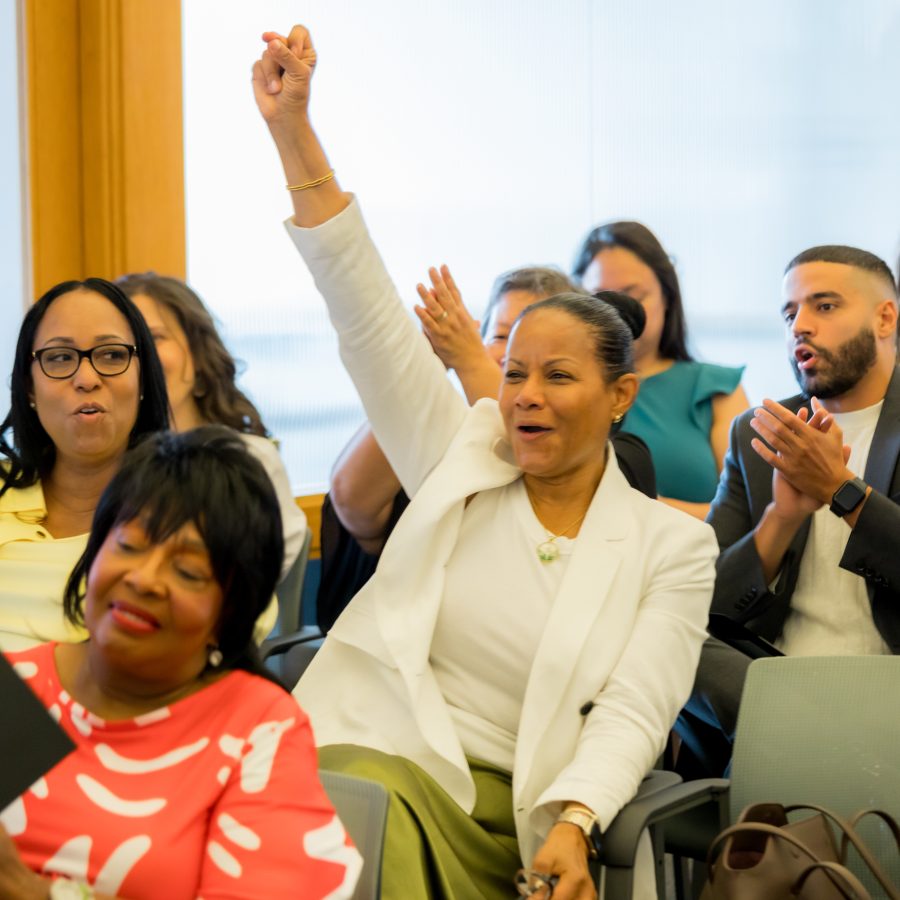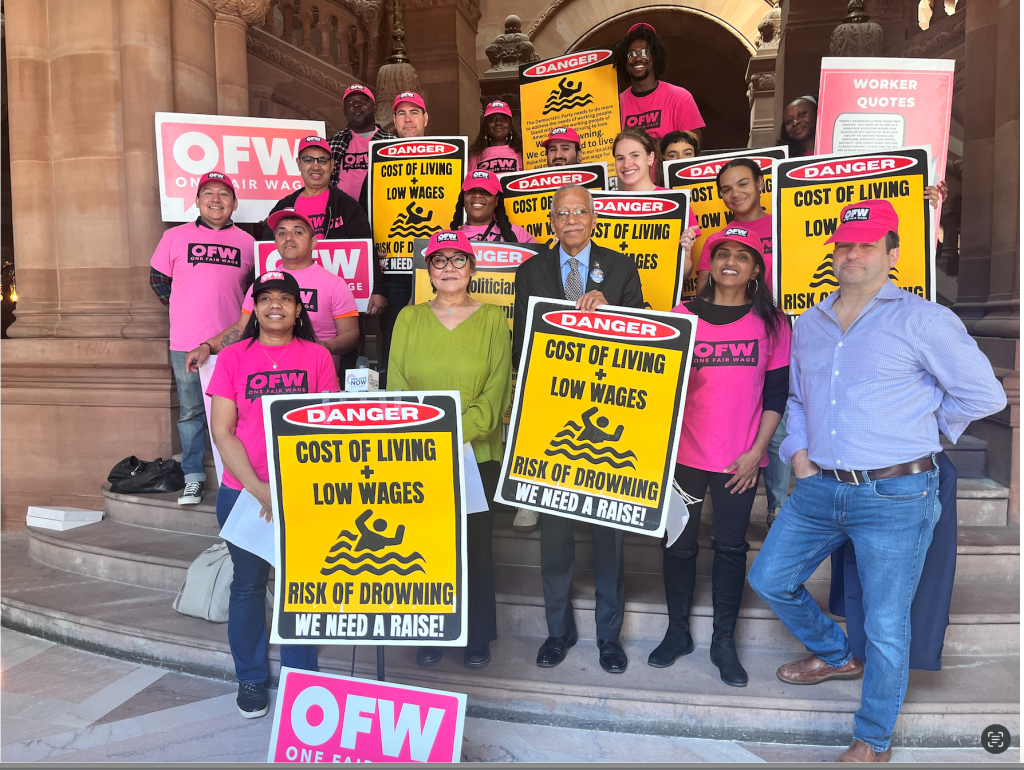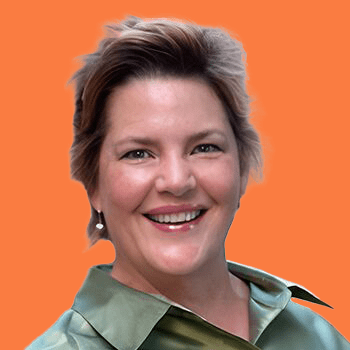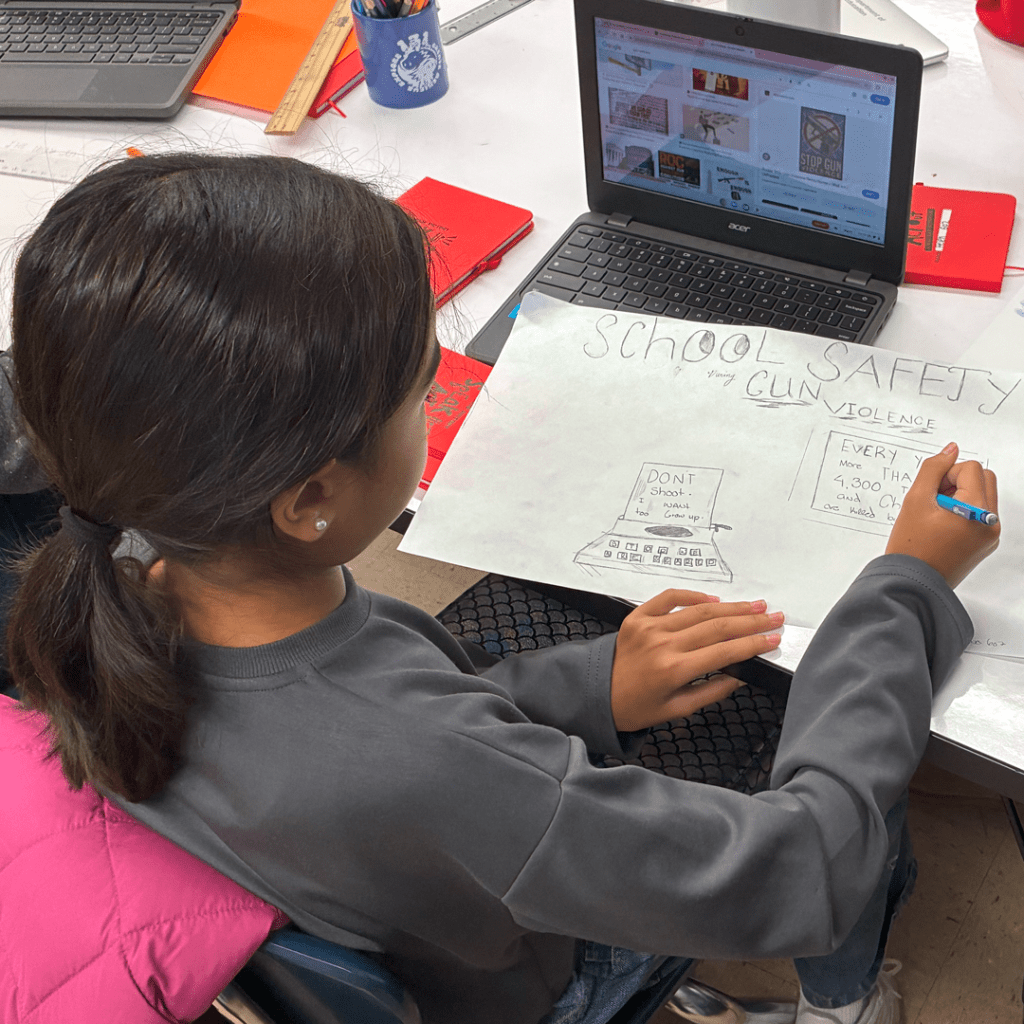When a nonprofit’s leader steps down, the effects can ripple far beyond the executive office. Relationships with funders and community partners may falter, services and programs might be interrupted or lose momentum, and staff can be left to navigate uncertainty.
In New York City, where more than 50,000 nonprofits form the backbone of civic life, the retirement of a generation of nonprofit founders and executive directors has raised an urgent question: Who will lead next?
In 2015, Michael Seltzer, a tireless champion of the nonprofit sector and distinguished lecturer at Baruch College, saw many organizations struggling to answer that question. Mid-career managers were eager for advancement but required training and networks to take on executive roles.
Seltzer approached The Trust with a visionary idea to create a program that would inspire and equip the next generation of nonprofit leaders across our region. He partnered with Patricia Swann, then The Trust’s expert on technical assistance and nonprofit resilience, to establish The New York Community Trust Leadership Fellows program in partnership with Baruch College’s Marxe School of Public and International Affairs.
Seltzer’s passion for social justice and his belief in the power of strong, diverse leadership shaped the program from day one. More than a decade later, the fellowship continues to thrive, supporting hundreds of dedicated leaders across New York City, Long Island, and Westchester.
“Burnout, turnover, and years of disinvestment in the sector have made it harder to build a leadership bench, especially for people of color and those with nontraditional paths into the work, who have often been overlooked for these roles,” said Rachel Pardoe, a Trust program director. “COVID only deepened the challenge, as budgets shrank and nonprofits lost the capacity to invest in staff development. Programs like Leadership Fellows give talented leaders the skills, networks, and confidence to take the helm when their organizations need them most.”
For Meridith Maskara, the fellowship provided this foundation at a critical moment. In 2017, while serving as chief operating officer at Girl Scouts of Greater New York, her retiring CEO encouraged her to apply.
“I knew immediately it would push me out of my comfort zone,” Maskara said. Midway through the program, her board asked her to apply for the CEO role. “As I went through the rigorous interview process and came to class every week, I grew more and more confident in seeing myself in this role.”
That confidence would prove essential just a few years later.
“Navigating through COVID was in retrospect the biggest challenge,” Maskara said. “At that time, I was CEO of Girl Scouts of Greater New York, responsible for 30,000 girl members, 7,000 volunteers, and 65 staff members. And I was also a mom of five daughters who all had to navigate the disruption and fear while Mom was taking care of the world.”
Maskara describes those two years as “combat,” with constantly pivoting programs, rebuilding an organization centered on in-person connection, and never knowing what the next day would bring, yet being expected to have the answers. “I wasn’t going to leave any soldier behind,” she said. “I kept them safe, I led them through, but only later did I realize how hard it had been. I didn’t ever pause to check on me, and no one else really did either, because I never asked—I just kept leading.”
The fellowship, she says, was what allowed her to rise to that moment. “It equipped me with the tools to lead confidently. And it taught me I wasn’t alone, that I had a network of peers, and that brought many of us closer.”
Today, Maskara serves as chief development officer at Girl Scouts of the USA, bringing her city-level experience to the national stage. Her advice to new leaders reflects the lessons of both her fellowship and her career: “Save a piece of yourself just for you. Once you give it all away, it’s nearly impossible to take it back.”
Her journey is one of many. Nearly half of program alumni report receiving a promotion within a year of completing the fellowship, and dozens have stepped into top executive roles across the region and beyond. Others point to the program’s impact on their confidence, networks, and strategy, helping them become not only stronger leaders but also stronger advocates for the communities they serve.
For the sector, the results are tangible: smoother leadership transitions, stronger organizations, and leaders ready to guide their missions forward.
***
Since its launch, Leadership Fellows has trained hundreds of nonprofit professionals in everything from financial management to organizational health. The program also fosters a lasting peer network that alumni continue to lean on long after the twelve sessions end.
Nonprofit professionals from organizations funded by The Trust in the past three years are encouraged to apply. Learn more at leadershipfellows.org.




